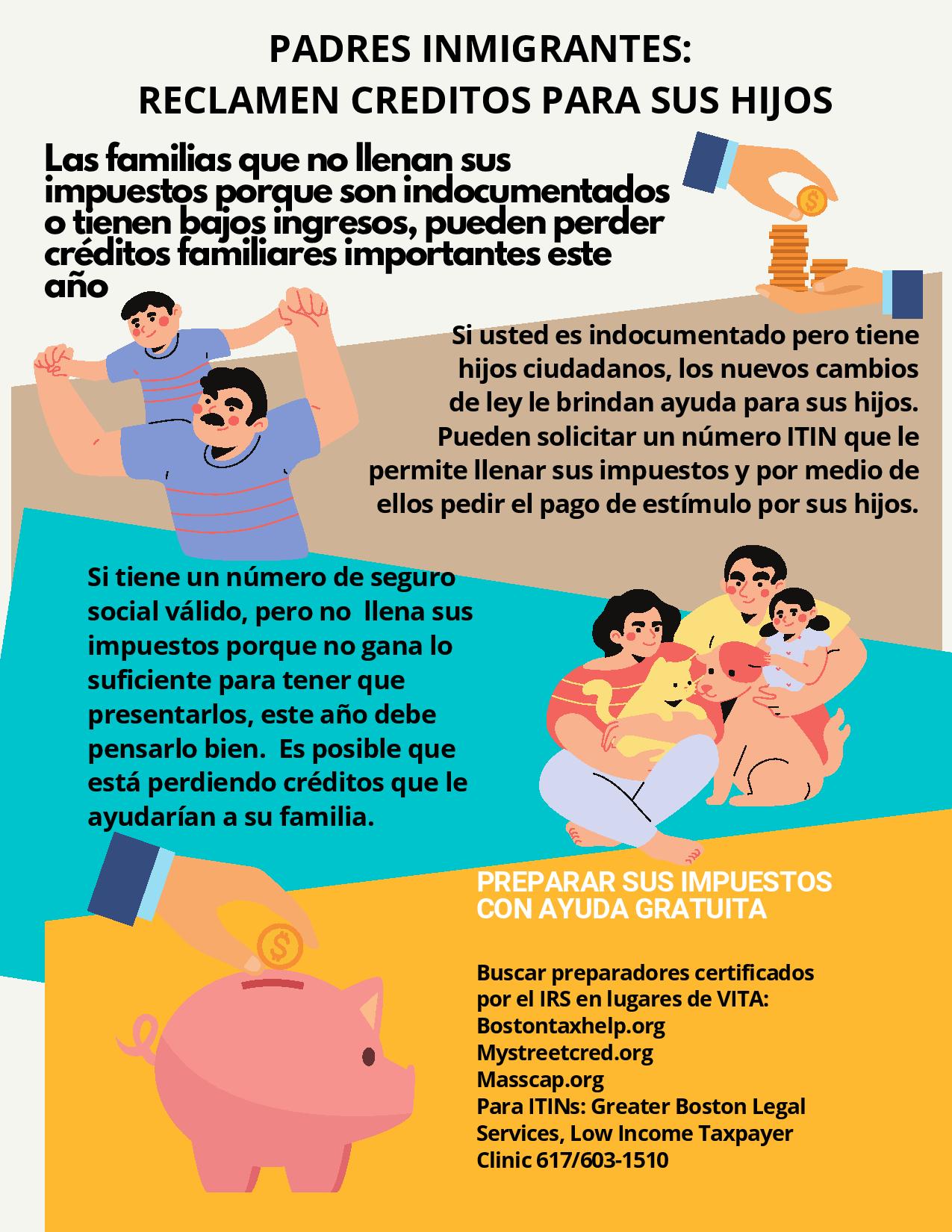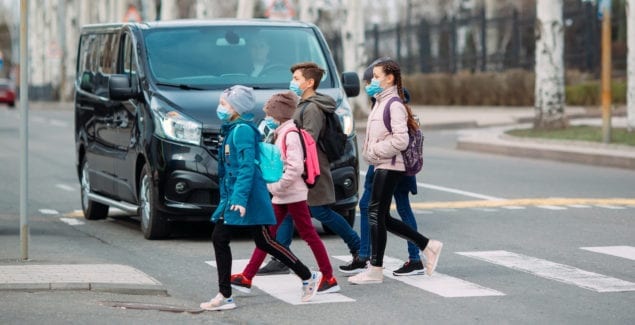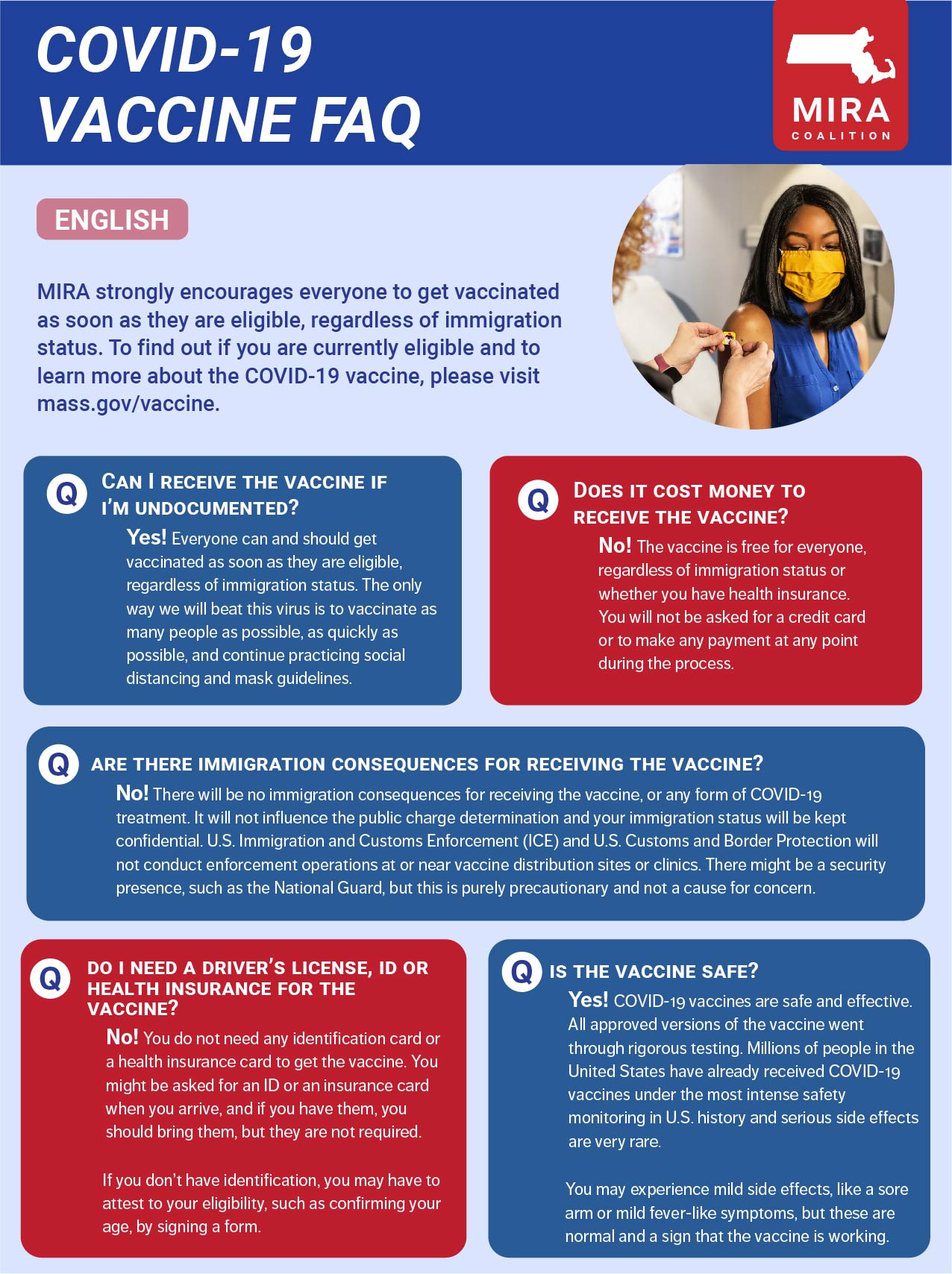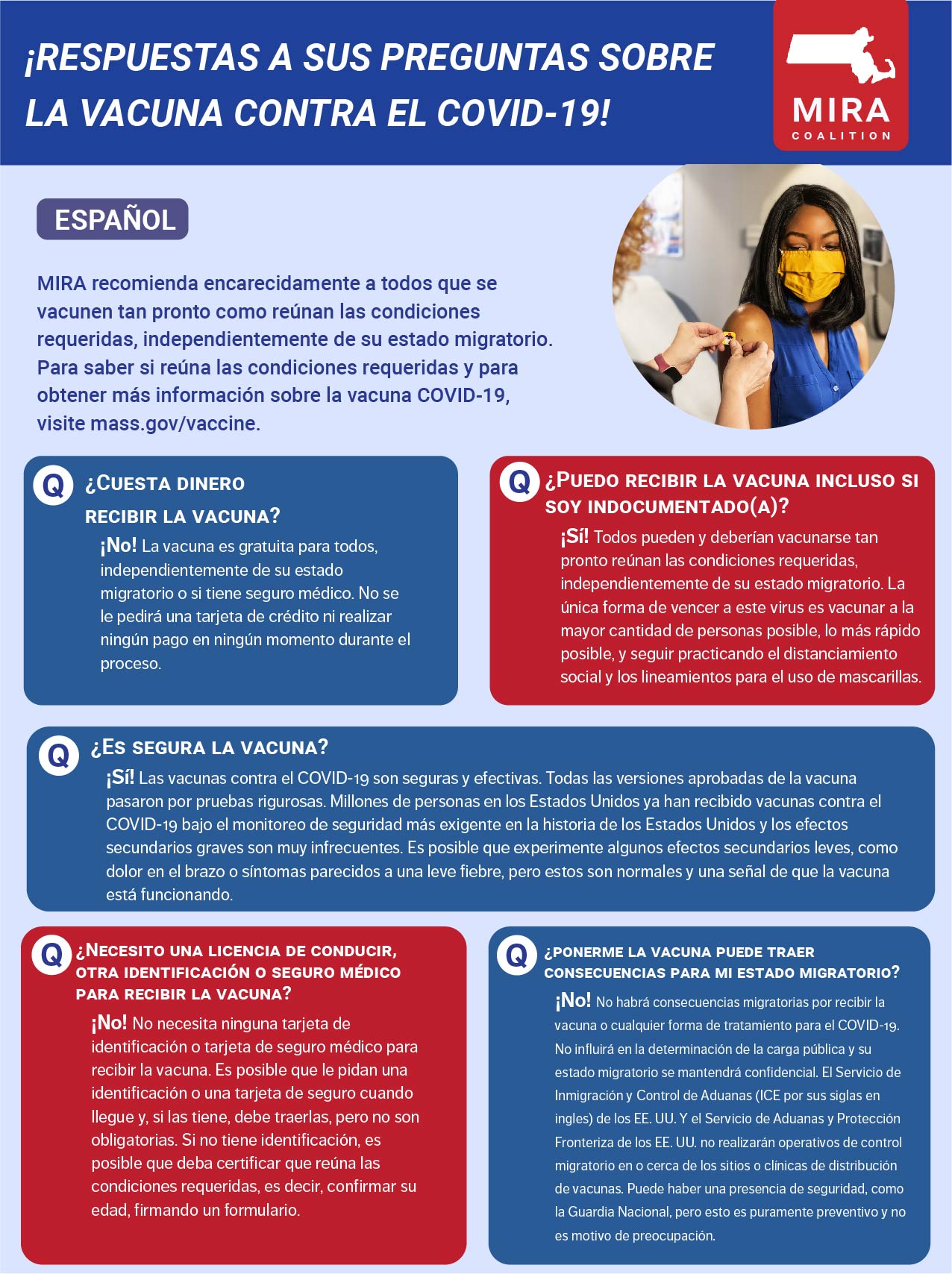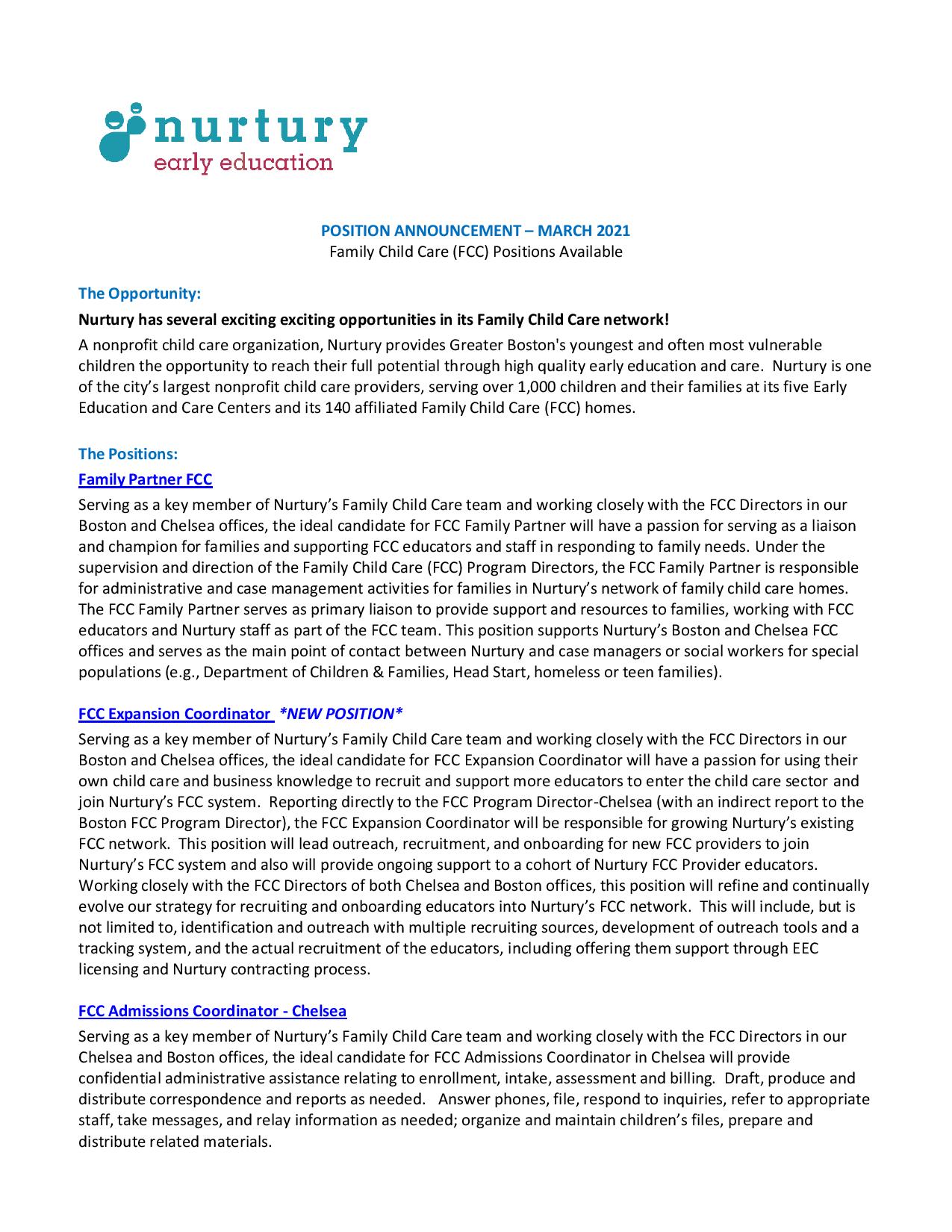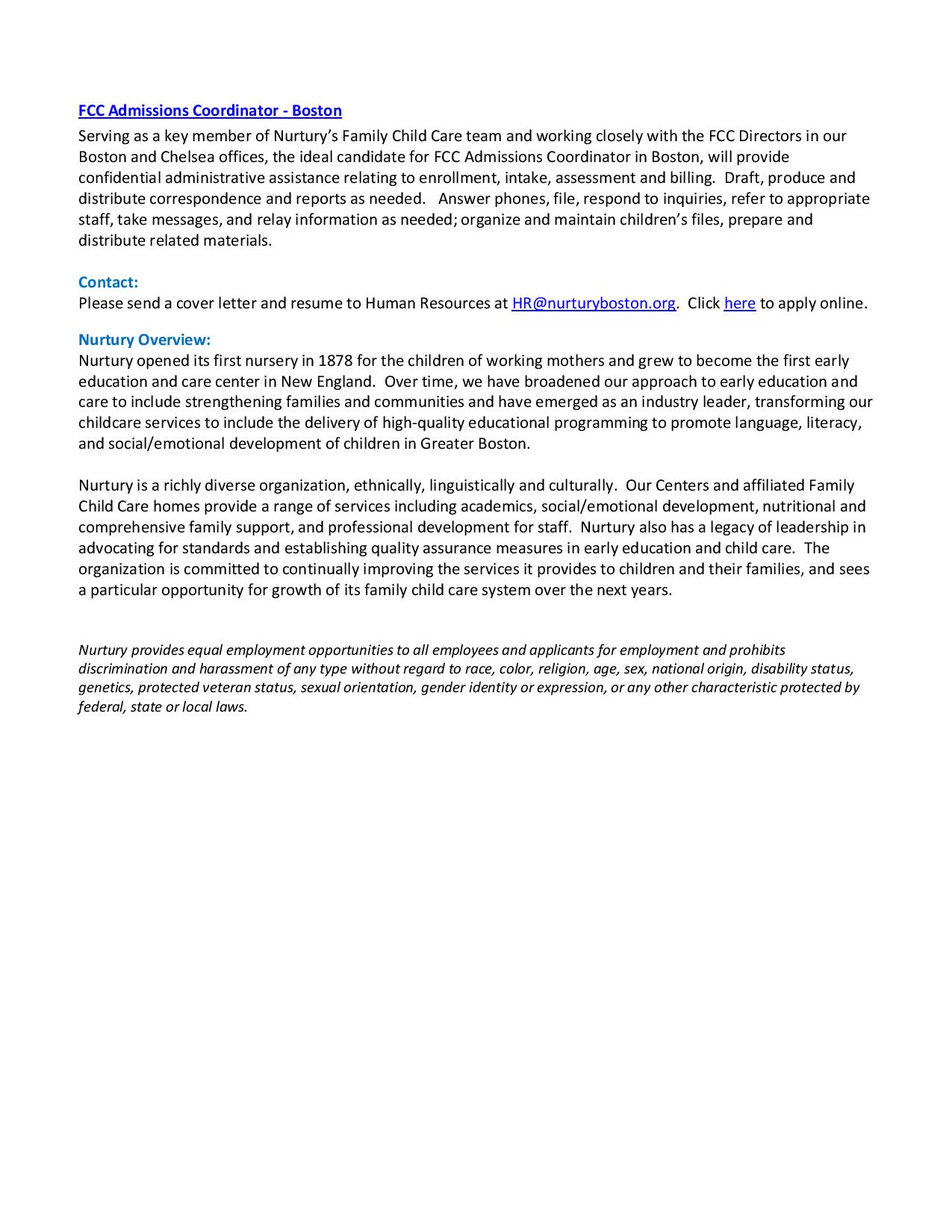By Josh Eng, Communications Coordinator
Posted in: Hot Topics, Parenting Concerns, You & Your Family
Topics: COVID-19 + Family Mental Health, Stress
Many families have been homebound due to COVID-19, and kids and teens have been learning online across much of the country. As the pandemic continues, there are growing concerns about how the disruptions in norms and routines are affecting their mental health.
After almost a year of remote learning, more communities are preparing to bring students back to school in person. But this transition poses new challenges and concerns for families. Is it safe to go back? Will kids feel ready for a full schedule of in-person or hybrid learning? Will they be able to catch up academically?
Recently, on our podcast, Dr. Gene Beresin and Dr. Khadijah Booth Watkins took a look at the different anxieties and concerns of kids and teens, and how parents can address them as families prepare to return to school. Below are highlights from their conversation.
School Concerns of Kids and Teens
School-Aged Kids
- Fitting in at school. After nearly a year of only seeing classmates on a screen, many kids wonder if they’ll make friends again and get along with their peers. Younger children in particular are worried about whether their friends will still like them. They may wonder about how they’ll be able to play with other kids if they have to stay six feet apart. On the other hand, many kids with social anxiety have enjoyed remote learning without the pressures and expectations of interacting with their peers, and the idea of returning to school can seem scary for them.
- Separation anxiety. Because many kids have spent more time with their parents at home, going back to school for a full day without them may be a difficult adjustment, even for kids who didn’t struggle with separation anxiety before the pandemic.
- Adjusting to school routines. School-aged kids thrive on knowing what to do and when, but many have missed out on this kind of structure while learning at home. Many parents who are working remotely or on the front lines aren’t always able to enforce a fixed routine for their kids. Adjusting back to a full schedule for in-person or hybrid learning can be a challenging transition.
Teenagers
- Maintaining social connections. Teens are at a stage in which they are developing their identities apart from their parents. Many are struggling with feelings of loneliness without the ability to spend time with their friends in person. They may also feel a sense of loss without the extracurricular activities and social events they enjoyed before the pandemic. As a result, many are feeling extremely eager to return to school.
- Concerns about the future. Many high school juniors are worried about how to make an impression in college applications without standardized test scores and with less weight given to grades during online instruction. With still so much uncertainty about how the rest of the year will play out, what can they do to stand out from their peers? Some high school seniors may worry about being accepted to college, and others may not want to attend college, but worry about whether they’ll be able to find a job during the pandemic.
- Health and safety. While many young people miss spending time with their friends in person, some still may not feel comfortable returning to school. Teens are more aware of the potential risks of COVID-19 than younger kids, and may worry about contracting the virus or bringing it home and infecting family members.
- Catching up academically. Many teens have found it hard to stay motivated and focused during remote instruction and wonder whether they’ll be able to catch up when in-person learning resumes. Students with learning disabilities may feel further behind without the accommodations that were available to them before the pandemic, and worry about whether they’ll have the support they need when they return to school.
- Conflict over safety guidelines. For some teens who have been conscientiously following COVID-19 safety guidelines – like physical distancing, and not gathering in large groups – it’s been stressful and frustrating to watch others who aren’t. On the other hand, they may feel uncomfortable speaking out and alienating their peers once they’re back at school in person.
Guidance for Parents and Caregivers
Signs to Watch Out For in Kids and Teens
As a parent, you know your child best. Here are some signs that your child’s or teen’s emotional or mental health could be struggling.
- Changes in baseline functioning. Take note if your child starts to have trouble sleeping or if their appetite decreases. They may also have difficulty staying focused and keeping up with daily activities.
- Shifts in behavior and mood. School-aged kids may become more restless and struggle to regulate their emotions. They may also show signs of anxiety by asking a lot of questions or expressing worries about their health and safety. Teens may become more irritable, anxious, and withdrawn. They might also express feelings of grief and loss over opportunities, celebrations, and time with friends that were lost due to the pandemic.
- Physical discomfort. Kids might complain about having physical symptoms, such as headaches, stomach aches, and chest pain.
How to Support Kids and Teens
There are many ways to support kids of all ages and prepare them for returning to school. Here are some guidelines that can help.
- Manage your own anxiety. Kids look to the adults in their lives to keep them safe, and research shows that they pick up on their parents’ stress and anxiety. Prioritizing your own well-being is essential to taking care of your kids. As the airplane announcement goes, you need to put on your own oxygen mask before you can help the person next to you. Try to set aside time each day to practice self-care and take care of your mental health.
- Listen to your kids. Ask them about their concerns and what they’re thinking about. They may open up about how they’re feeling, or they may simply ask questions. Check in with them regularly and give them space to share what’s on their mind.
- Keep in touch with other parents and school administrators. Stay up to date on your school district’s plans for reopening. Talk to your child’s teachers and school administrators, and try to get as much information as possible so you can better prepare your kids for transitioning back to in-person learning. And remember, you don’t have to worry alone – keeping in touch with other parents can be a great way to share support, express concerns, and exchange ideas on helping kids cope with remote learning and preparing them for going back to school.
- Focus on gratitude. This pandemic has been hard in many ways, but reframing our perspective and practicing gratitude can help us manage stress and anxiety. Encourage your child to reflect on the silver linings of their time at home. Did they learn a new skill? Did they spend more time video calling friends and relatives? Choosing to focus on the positives, both big and small, can help you and your family build resilience.
- Seek professional help. If you have concerns about their mental, emotional, or behavioral health, it can be beneficial to seek professional help. Talk with your pediatrician and get a referral to a mental health professional. Many clinicians are offering telepsychiatry appointments due to COVID-19, and kids can benefit from the convenience of virtual visits from the comfort of their home.
We may not know how this pandemic will continue to unfold, and not having all the answers isn’t easy for any of us. However, thoughtfully addressing young people’s concerns and supporting them in building resilience can help them face the uncertainty ahead.
